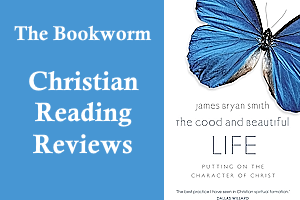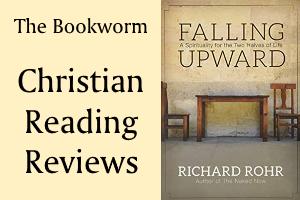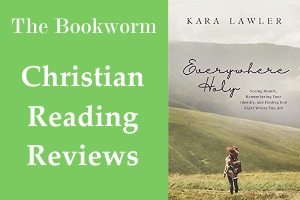
by Elizabeth Liebert
Westminster, John Knox / 2008 / 170 pages
The Way of Discernment invites the reader into a series of experiments leading to discernment as a way of life and as a way of making decisions in the light of faith and a corresponding desire to follow God’s call. Liebert says: “Discernment means making a discriminating choice between two or more good options, seeking the best for this moment. These choices, while personal and conditional, are set within the community of faith and honor our previous well-made decisions” (p. 10). This text grew out of the author’s extensive experience with discernment as personal practice, her deep understanding of the Ignatian and biblical traditions of discernment, and her experience in making this important spiritual practice accessible to members of the reformed Christian tradition. The book itself is practical in its goal to serve as a facilitator of discernment for the reader.
Unique among texts on discernment of Spirits, it succinctly describes how discernment has been understood in Christian tradition; seamlessly provides a brief theology of discernment from Scripture, Ignatius of Loyola, and Calvin; and creates a seven-step framework for making an important decision through spiritual discernment.
These seven steps create the structure of the book, which treats each step in turn, always offering descriptions of processes that assist discernment. After treating the foundational dispositions necessary for discernment (interior freedom and awareness of one’s desires), foundational chapters include directions for specific practices. “The Awareness Examen” helps a person notice interior movements. “Remembering Your Personal History” personalizes one’s grounding, and “Seeking Spiritual Freedom” opens self to God’s influence. “Framing Your Discernment Question” helps one correctly identify the choice to be discerned.
The practice of “Gathering Relevant Data” sets up the remainder of the volume. It describes what to include as relevant data in a prayerful context with advice about noticing affective response to the information as it emerges. Honoring difference in personality styles and ways of discovering data, seven more practices are offered as “points of entry”—memory, intuition, somatic awareness, imagination, reason, religious affections, and nature. Each discerner is left free to use any or as many of these entry points as is helpful. The chapter on religious affections is unique in treating both Ignatius Loyola’s teaching on as well as Jonathon Edwards’ the final steps in the process are confirming one’s decision after formulating it, then assessing the entire process.
This is a text for spiritual directors, formation directors, pastoral counselors, and ministers who can put it into the hands of anyone who desires to make a decision that takes into account both one’s own life with God and the effect on important relationships of a decision. This book provides holistic, accessible, and solid guidance for practicing discernment across the spectrum of Christian denominations.
Janet K. Ruffing, RSM


